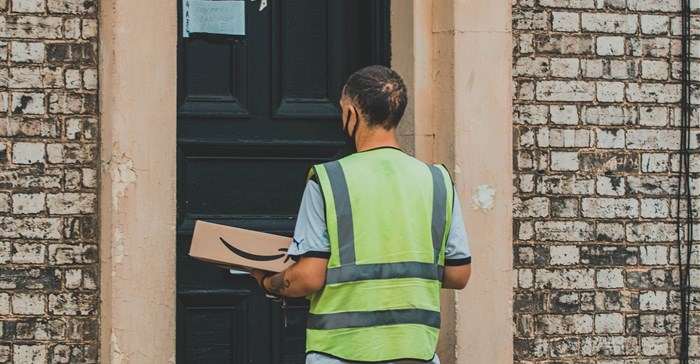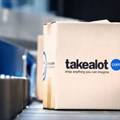The launch of Amazon in South Africa next year continues to cause speculation in the market and, while the world's biggest digital marketplace remains tight-lipped about details, there are some surprising lessons to be learned from other global markets, all of which can help shed some light on what to expect.

Source: © Super Straho
Unsplash with the launch of Amazon in South Africa next year, local brands need to be prepared
Ulrik Grevenkop-Castenskiold, head of marketplaces (Nordics), Incubeta explains that when Amazon opened in Sweden two years ago, it immediately created a strong interest from brands in the other Nordic regions.
“Not only is Sweden a common market for most Nordic brands, but it was useful to give them a good idea of what to expect when Amazon expanded into their own countries,” says Grevenkop-Castenskiold.
However, some of them were in for a nasty surprise. “Not only were many of their brands and products already listed, but their content was poorly translated, and often with incorrect prices,” he says.
Shocked brands into action
According to Grevenkop-Castenskiold, this almost beta version-like launch shocked many brands into action, and the marketplace specialists had to work hard with their Nordic clients to regain control of their brands.
When Amazon moves into a new market they will often offer products from other regions that they feel will work in the new market.
However, he says, the machine translation for the descriptions tends to be very poor and the products are often represented in a way that companies would not find acceptable.
“The first step in brand safety was to register their brand and then, once the brand had regained ownership, we could begin the process of bringing content back up to standard,” he says.
Unsurprisingly, there was a good deal of negative reaction from media and consumers alike.
“Not only were they shocked at the poor quality of Amazon’s first impression in Sweden, but consumers were also disappointed that there were no real price savings, which is a global hallmark of the shopping platform,” he says.
Grevenkop-Castenskiold, however, points out that this could have been a considered tactic from the global megastore, forcing brands to proactively begin engaging with the platform rather than biding their time before making a move.
Tim van der Bilt, Incubeta 18 Aug 2022
Version 2.0 restores faith
Once local brands had flocked to the marketplace – mostly to protect their brand and pricing – Amazon upgraded its Swedish search engine and the marketplace settled into a gradual maturation as consumers became more familiar with the service.
“Data analysis of the performance as well as benchmarking of other European markets have shown us that Amazon is growing quite rapidly, albeit off a very small base,” he says.
He adds: “It is worth noting that the e-commerce market in the Nordics is highly fragmented and doesn’t have the two or three dominant e-commerce marketplaces as you will see in other markets such as the Netherlands, for instance. This could have made Amazon’s growth easier and faster.”
By way of comparison, Naspers-owned Takealot and Superbalist dominate online sales in South Africa, followed by Woolworths and Mr Price.
Brick and mortar retailers threatened
Grevenkop-Castenskiold says the Nordic retailers have been fairly welcoming of Amazon, believing it will boost the overall interest in e-commerce, but the retailers that have both brick and mortar as well as online outlets have seen the behemoth as a threat.
“When Amazon launches Prime in a market, it is a game-changer, and the only way retailers can respond is to significantly improve their logistics. It’s hard to compete with next- or even same-day delivery,” he warns.
Grevenkop-Castenskiold’s insights were expanded on by Incubeta’s global marketplaces lead, Tim Van Der Bilt, and Incubeta’s Niamh NicLiam, client service director, who presented at the recent e-commerce Live event held in Sandton.
The consensus from the three is that the first thing local brands should do is to register their brand on the platform.
“If you don’t, others will. And once you have lost control, it’s hard to get it back,” states Van der Bilt. “Other markets have shown that even newcomers to the e-retailing game can quickly gain a competitive edge. What’s more, we have seen that early leaders seldom lose their number one position.”
While the exact launch dates are still not clear, NicLiam sums up by advising local brands to get familiar with existing marketplaces ahead of an Amazon launch: “Start by trading on Takealot or other relevant marketplaces to test your consumers’ buying behaviour and tweak your strategy accordingly. There is a lot to learn, and it can take time.”





































